Future Themes
Australia is home to one of the most mature and interconnected sportstech industries in the world. After consultation with our members, the ASTN team has prioritised ten (10) major strategic opportunities for the Australian Sports Technology industry to embrace our 5-year strategy from 2022-2026.
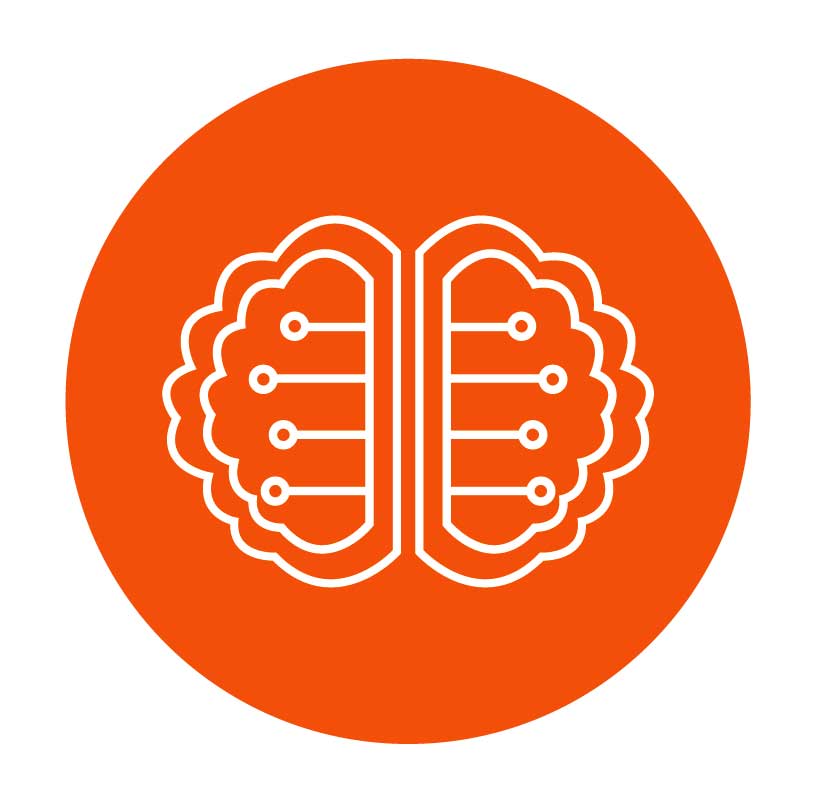
Artificial Intelligence (AI) in Sport
Across its sportstech masterclasses, ASTN has highlighted how Artificial Intelligence (AI) is revolutionising the sportstech sector. AI is enhancing sports broadcasting by automating content creation workflows and assisting sports scientists in high-performance analytics. Technologies such as natural language processing, computer vision, and automated decisionmaking are transforming interactions between rights holders, content creators, sporting organisations, athletes, coaches, and fans. AI optimises offerings, reduces costs, personalises experiences, and creates new possibilities.
As AI and access to technology improves, these technologies are becoming accessible beyond elite sports to semi-professional and grassroots levels. According to the Responsible AI framework developed by the CSIRO’s Data61, widespread adoption of AI technologies will require ‘a practice of developing and using AI systems in a way that provides benefits to individuals, groups, and wider society, while minimising the risk of negative consequences.
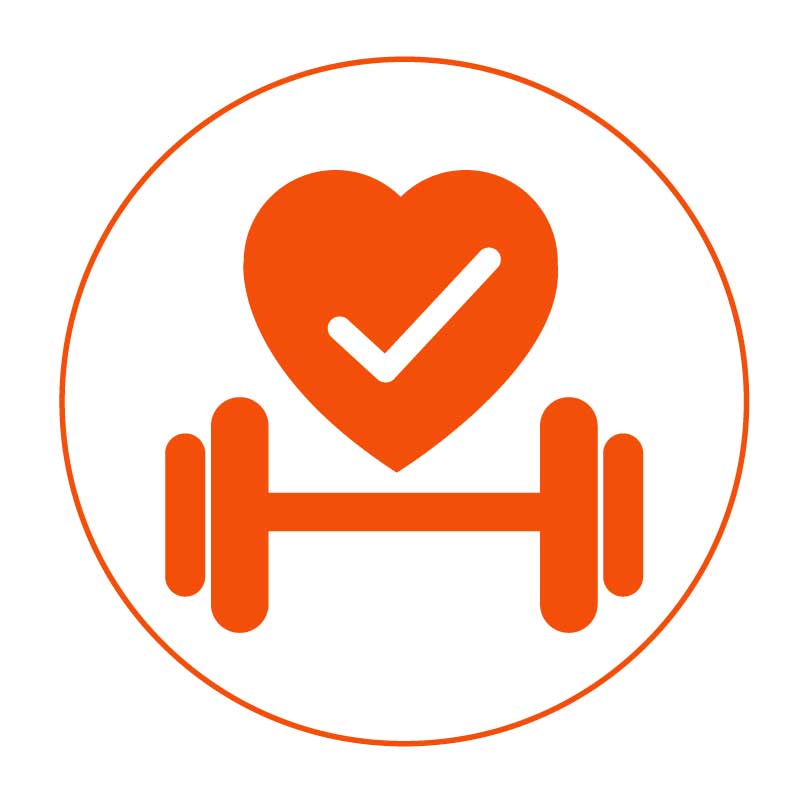
Active Living, Fitness and Wellness
As a result of the rapid emergence of fitness trackers, advanced smartwatches and AI-assisted nutrition and wellness solutions, the line between positioning, timing and sensing technologies for elite athletes and consumer products continues to blur. While sales of wearable devices from major tech companies like Apple and Samsung have somewhat stagnated, HUAWEI, Garmin, and Xiaomi have seen significant growth. As tech companies expand into the wellness and allied health markets, the sportstech sector is reinforcing itself as a validation platform for applications beyond sports. As previously outlined by ASTN, proving concepts in sports and knowledge diffusion into other sectors can provide for growth or exit opportunities.
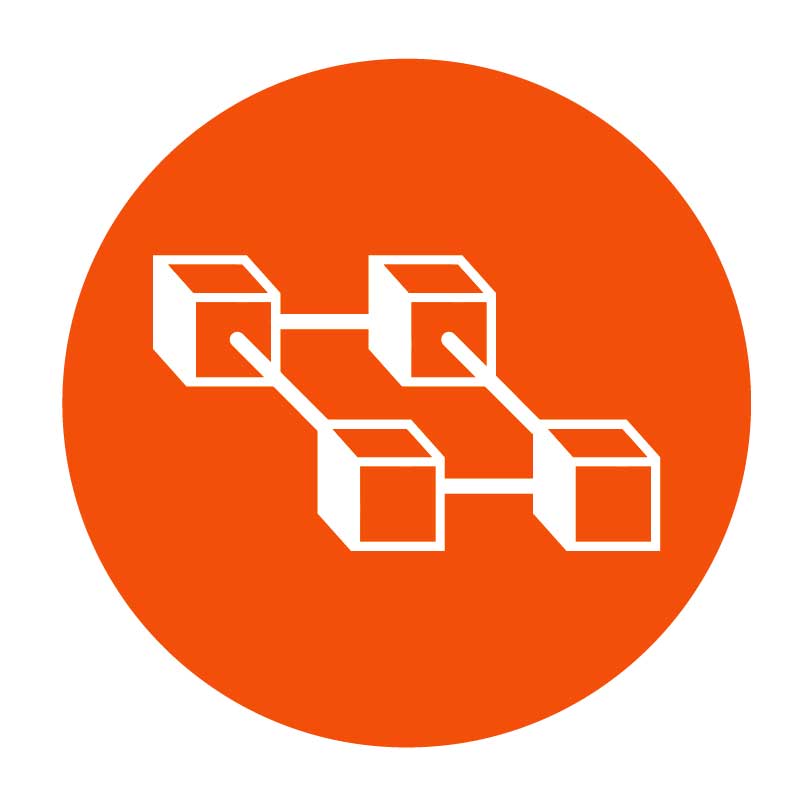
Virtual Sports, Esports, Gaming, Metaverse and Blockchain
Esports 2.0 is evolving by combining Gaming, Web 3.0, Immersive and Live Entertainment. Emerging sports, encompassing new adventure sports, variations of traditional sports, digital sports (gaming), and Esports (competitive gaming), are organised according to the three market application pillars defined by ASTN.
Emerging sports and Esports stand as distinct entertainment products, significantly reshaping audience interaction with sports content. Innovative broadcasting and fan engagement methods introduce novel monetisation avenues, occasionally inspiring traditional sports.
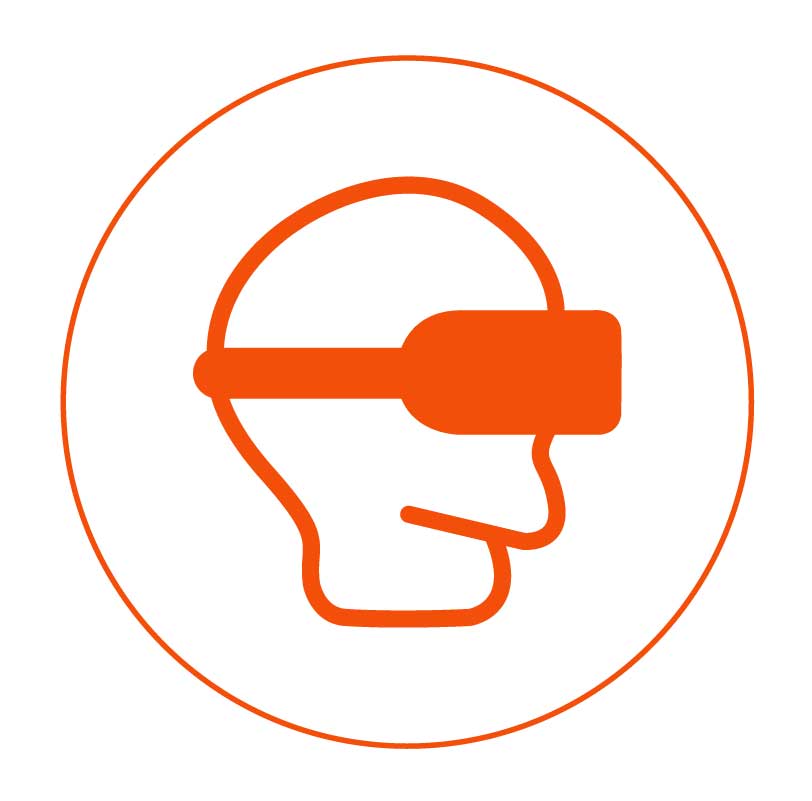
Sports Broadcasting and Smart Stadium Tech
Through the use of advanced information and communication technologies, sports broadcasting has become increasingly global. For example, existing footage is being localised by swapping commentary and graphics to tailor broadcasts for specific audiences and demographics. Remote commentary adapts to local preferences or provides different perspectives, while virtual signage replaces stadium hoardings and billboards in broadcast streams. Cloud-based, data-driven graphics create engaging visuals. The use of cinematic cameras combined with super slow motion or auto-tracking options diversifies high-volume simultaneous broadcasts. However, particularly in the home markets of sports leagues, access to event broadcasting has become fragmented, as at-home, in-stadium, and public offerings compete to engage audiences with more customised presentations.
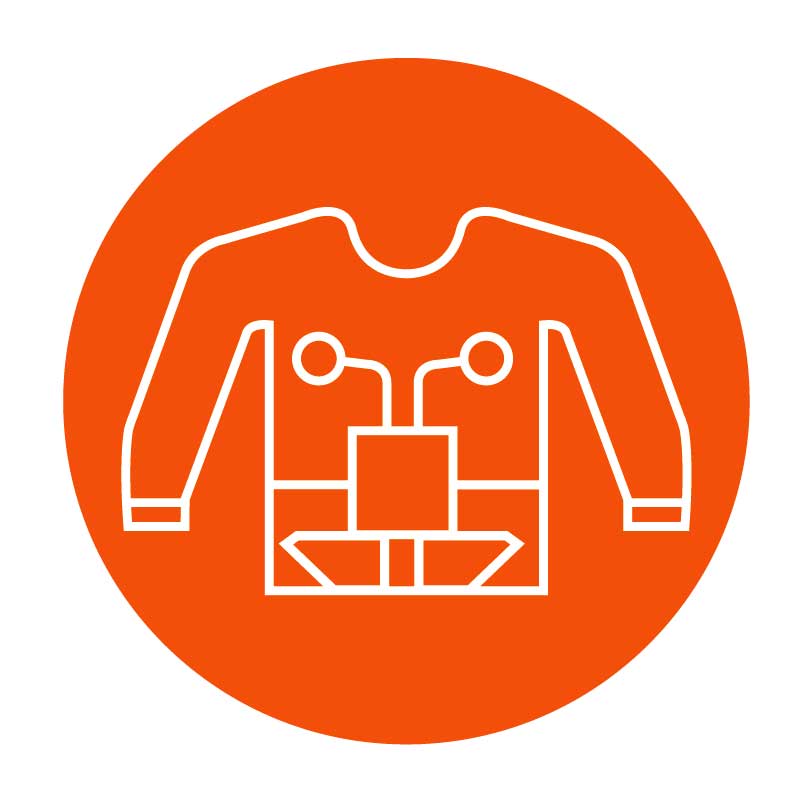
Smart Apparel, Equipment & Wearables and their role in Paralympics, Special Needs and Mobility
Embedding electrodes and sensors into apparel has long been regarded as the pinnacle of technology in smart sports clothing. Advances in assistive medical devices for paediatric and adult patients with cerebral palsy, multiple sclerosis, and other neurological conditions have enabled the neuromodulation of muscle groups through electrical signals. Sportstech not only operates at the intersection of special needs, disability, mobility and aging but also benefits from advanced manufacturing technologies or materials technologies.
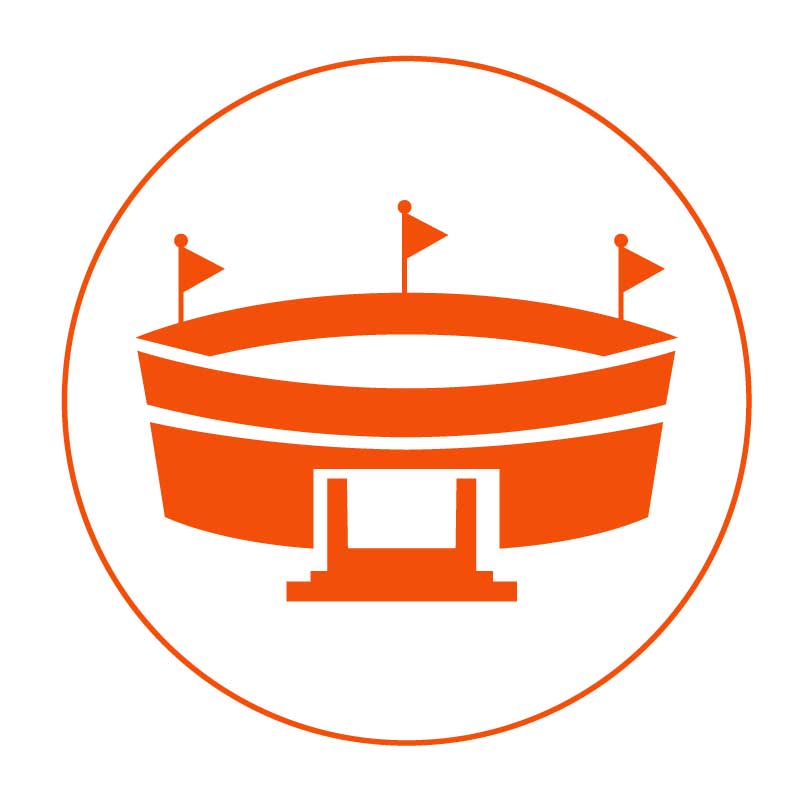
Sustainability and Environment, Social and Governance (ESG)
Whether startups are seeking investment from impact investors, venture capital, or private equity, ESG principles are becoming increasingly crucial. The broader sports industry (including clubs, rights holders, and national and state sporting organisations) must meet the growing demand for responsible and transparent operations. In sportstech, ESG principles guide the development and use of technologies to be sustainable, socially responsible, and ethically governed. There is a heightened focus on inclusivity, accessibility, data privacy, cybersecurity, and the ethical use of AI and analytics to maintain trust and integrity.
The sports and sportstech industries are perceived as lagging behind other sectors in their action on ESG principles. Sportstech startups often cannot afford specialised consultants to assist with their ESG implementation. This shortcoming is costing the industry fans, sponsors, funding, talent, and profitability.
To address these challenges, ASTN has developed an ESG self-evaluation platform specifically for the sports and sportstech industry. This platform provides organisations with an accessible tool to assess their ESG practices, uncovering the true value and performance across all ESG categories.

Quantum Technology, Big Data, Privacy and Security
Quantum computers “will provide the ability to perform multiple computations in parallel, leading to exponential speedup of certain types of problems. Specialised algorithms are expected to assist in fields such cryptography, optimisation and simulation”. The Australian Institute of Sport (AIS) documented various applications in sports following a ‘Quantum meets Sports’ workshop, envisioning uses from anti-doping measures and injury diagnostics to the simulation and optimisation of large-scale major sporting events.
As Australia prepares for the ‘Green and Gold Runway’ leading to the 2032 Olympic and Paralympic Games, quantum computing is viewed as a solution to complex big data, privacy, and security challenges. In line with this, the Queensland Quantum and Advanced Technologies Strategy highlights sportstech as a key focus area, alongside healthcare, critical minerals and defence. Finally, as the industry and the sector matures, issues like data privacy and the ethical use of tech in sports are getting more attention. How companies navigate these complex regulatory landscapes and ethical dilemmas will significantly influence their standing and sustainability in the industry.

Investment and Venture Capital into Australian Sports Companies
As the sportstech sector matures, ASTN has observed a significant increase in global investment into sports and sportstech, somewhat defying general venture capital and investment trends. These developments, including a coordinated domestic investment effort and international VC interest, are very encouraging for local sportstech firms. However, corporate Australia is largely missing out. Compared to their global counterparts, corporate Australia lags in engaging with the sportstech startup sector. Instead of matching entrepreneurial ingenuity with corporate access to markets, as seen in many other advanced economies, corporate Australia fails to recognise the significant opportunities and is missing out on home-grown tech talent.
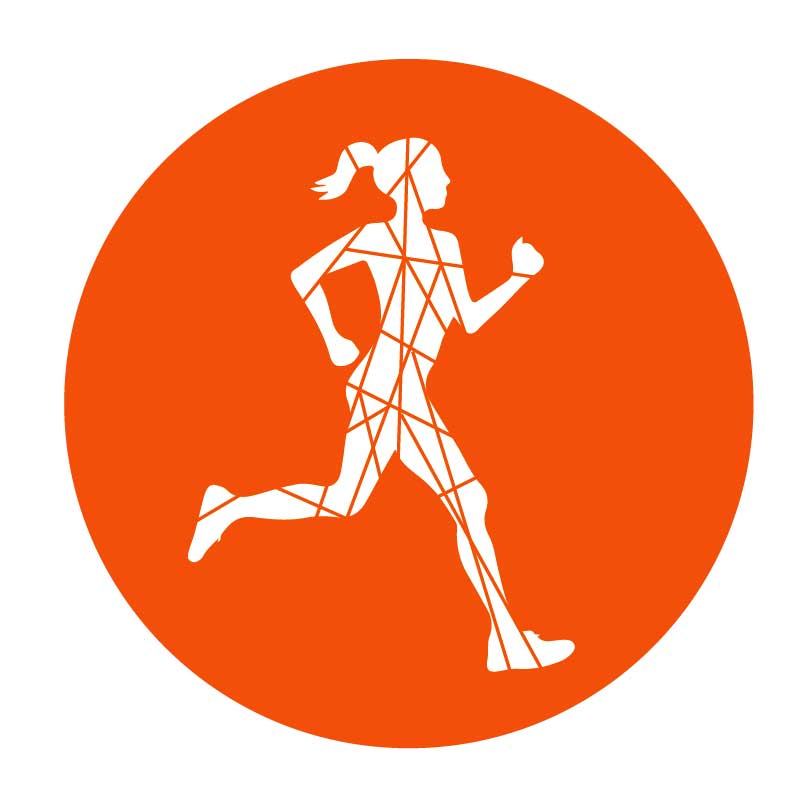
Women in Sportstech
The past 12 months have been remarkable for women in sports, highlighted by the 2023 FIFA Women’s World Cup and the Matildas’ success on home soil. This has underscored the need to focus on engaging, showcasing, and celebrating women in the industry, as well as providing pathways and opportunities. Increased visibility of women in sport has revealed gaps in research, data, and education on women’s training and physiology, the need for women-specific equipment, and other social, economic, and cultural barriers to participation in sports and recreation.
ASTN recognises that while these challenges currently reflect the disadvantages within the industry, they also present significant opportunities for solutions, demanded and driven by women. To support this, ASTN has continued its partnership with the US-based Women in Sports Tech (WiST) to deliver targeted and bespoke mentoring to women-founded and womenled businesses. Through the successful Women in Sportstech / Female Founders program, ASTN has acknowledged the need to engage with women outside the traditional sports and/ or technology spheres. ASTN has noted significant success in attracting talent from adjacent sectors, including health, wellness, entertainment, and the creative industries, whose products or services have applications in sports. As a result of this approach, ASTN has achieved a 50:50 gender split in the last two early-stage pre-accelerator cohorts for the first time.
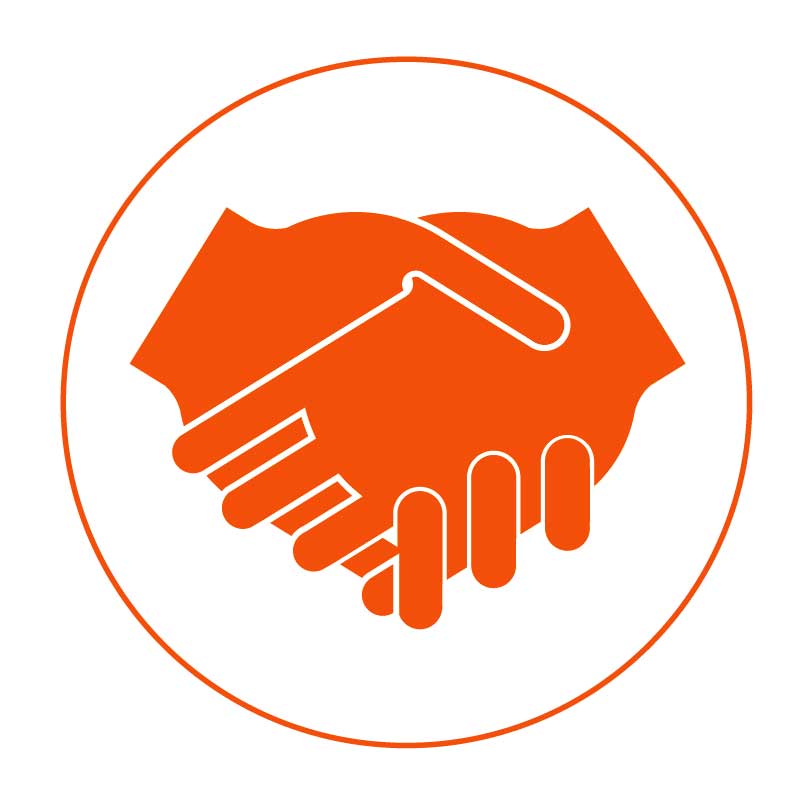
Global Trade and Business Matching
ASTN continues to see strong interest from Australian sportstech businesses in participating in global sports markets. Early-stage and growth-stage programs prepare Australian sportstech founders to follow the “Born Global – Thrive Local” ASTN Playbook. As a result, ASTN’s exportready and export acceleration programs have been significantly expanded, gaining support from almost all state and territory governments as well as the Australian Trade and Investment Commission (Austrade).
Simultaneously, the ‘Green and Gold Runway’ of major events leading up to the 2032 Olympic and Paralympic Games in Brisbane has sparked increased interest from overseas sportstech businesses to engage with the Australian market. Despite being a relatively small domestic market, Australia’s sophisticated, mature, and diverse sports industry serves as an ideal validation platform, reflecting elements of the larger North American, European, and specialised Asian markets.